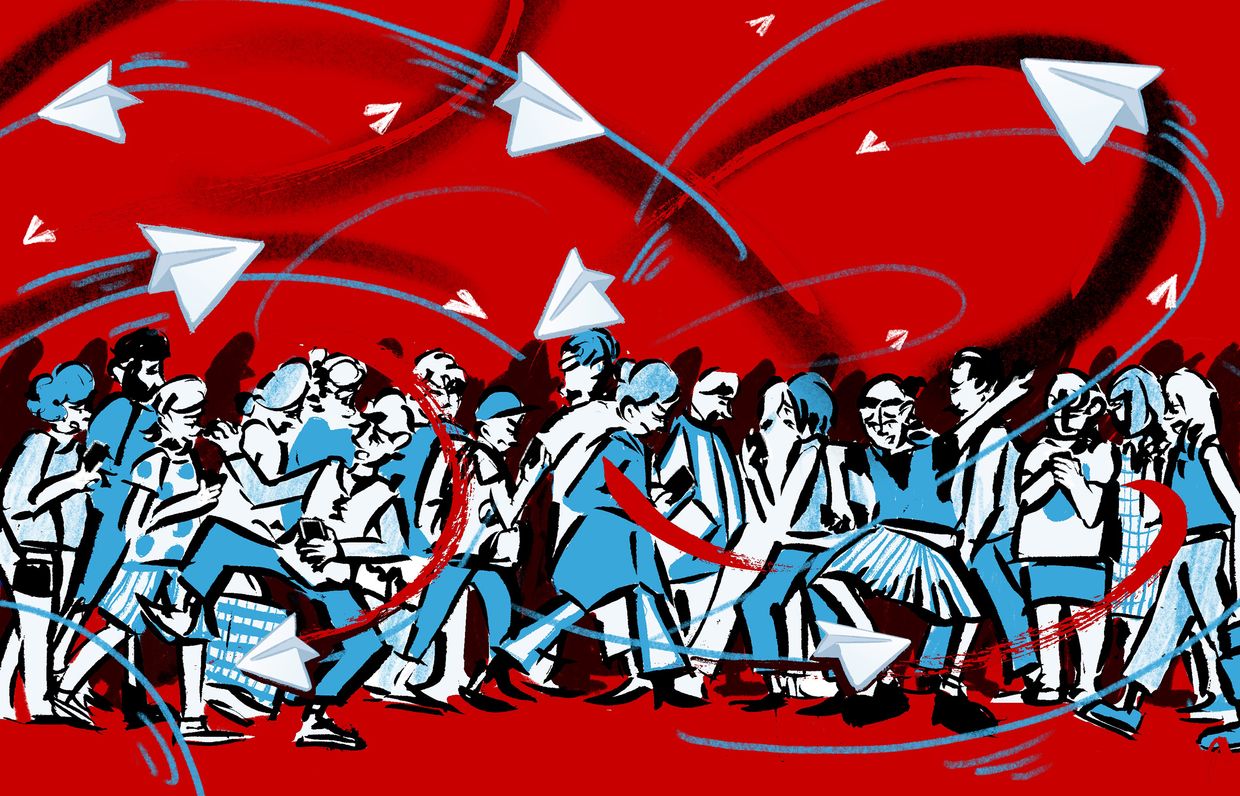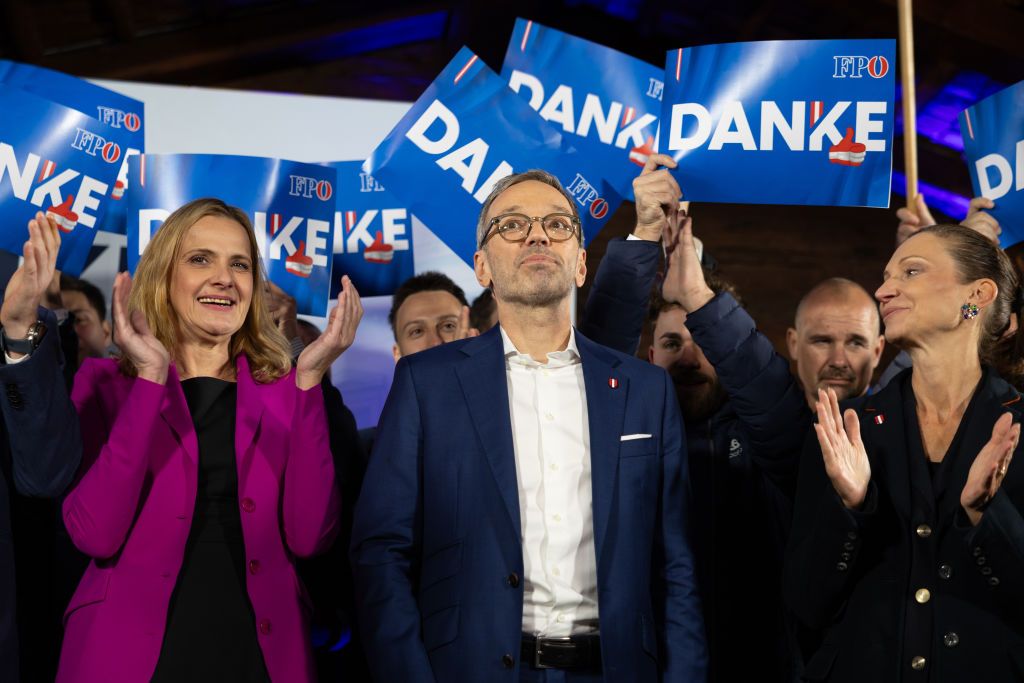Austrians went to the polls on Sept. 29, handing victory to the far-right, anti-migration Freedom Party (FPO). The party gained 29% of the vote, its best result to date.
Founded in 1956 by Anton Reinthaller, a former Nazi SS officer, the party has long been climbing into the country's mainstream, taking part in three right-wing governments as a junior coalition partner, most recently in 2017.
Under the current leadership of Herbert Kickl, a controversial figure in Austrian politics, the party supported lifting sanctions imposed against Russia. Kickl has also repeatedly spoken against providing Ukraine with military aid, arguing that Austria's policy of neutrality should be preserved.
Kickl said he was willing to seek chancellorship, and would serve as a "Volkskanzler" or "Chancellor of the People" – a term used in Nazi German to refer to Adolf Hitler in the 1930s.
The results mark the latest win for the far-right, Kremlin-friendly parties in Central Europe.
The Austrian election came just weeks after Ukraine-skeptic parties made gains in state elections in eastern Germany and a year after Robert Fico won Slovakia's election on an anti-Ukraine, populist platform.
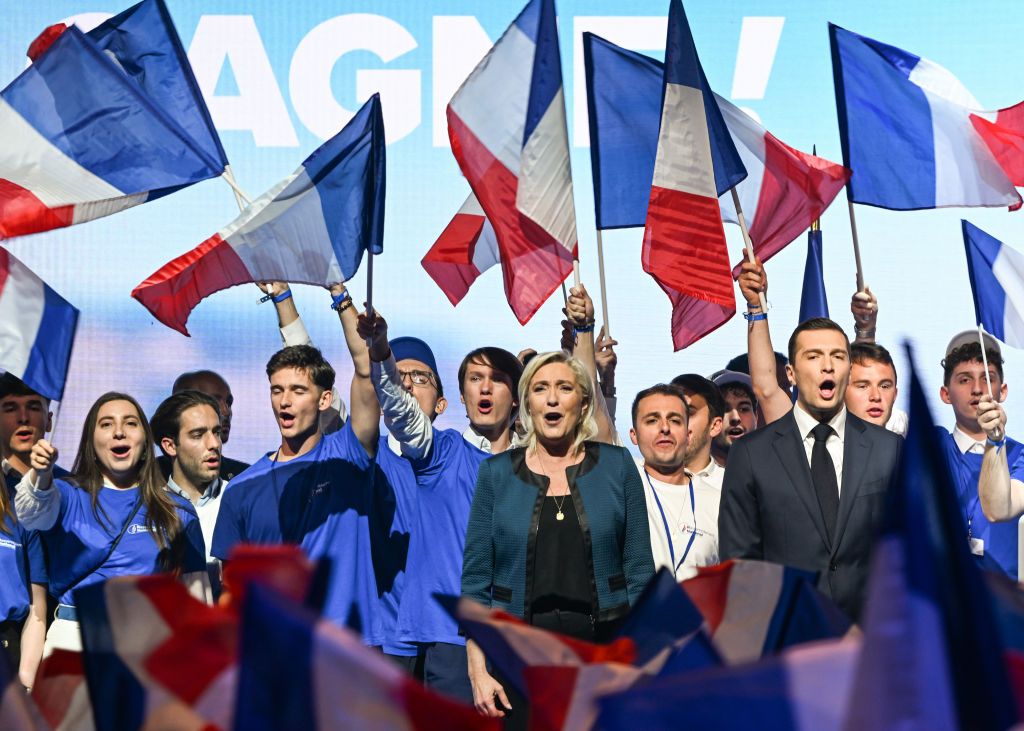
Kickl's European allies
As the election results became clear, the FPO's victory was lauded by the far-right across the continent, such as Alice Wiedel, who heads Germany's Alternative for Germany (AfD) party, and Geert Wilders, the leader of the Dutch Party for Freedom (PVV).
French far-right leader Marine Le Pen said she was "delighted" with the FPO's win, while Hungarian Prime Minister Victor Orban congratulated Kickl, posting on social media that the results were "another win for the patriots."
FPO is part of a grouping in the European Parliament called Patriots for Europe, formed in June 2024 by Kickl, Orban, and former Czech Prime Minister Andrej Babis.
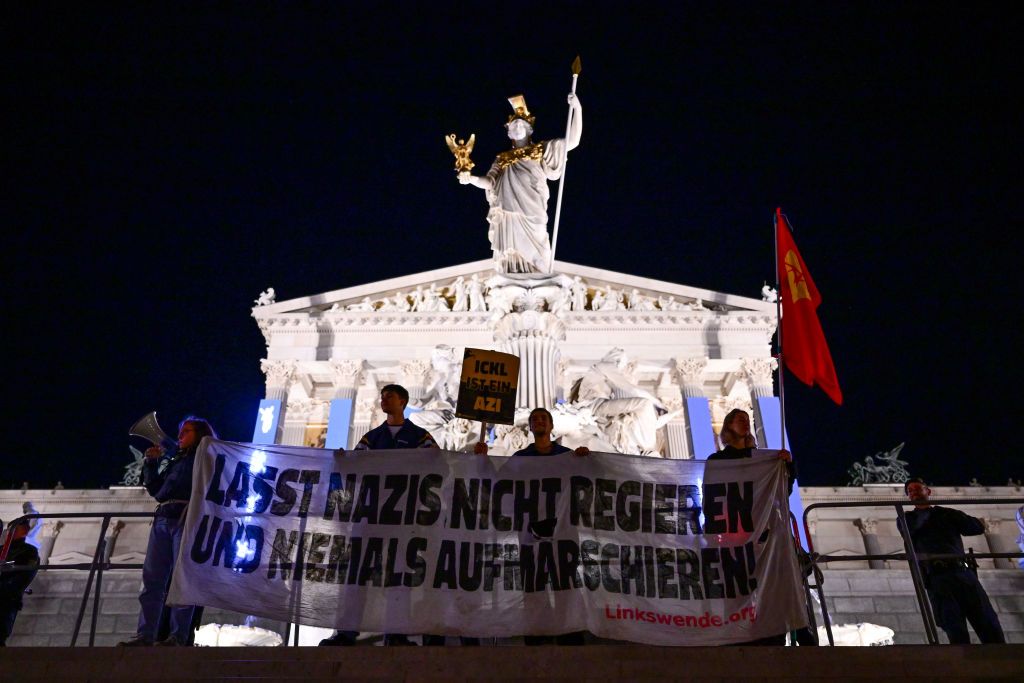
Other European parties, including the Netherlands' PVV and France's National Rally, joined the grouping shortly before the European Parliament elections in July. The grouping went on to win 84 seats in the 720-seat European Parliament.
The FPO's gains at Austria's legislative level are "worrying," Andreas Umland, an analyst at the Stockholm Centre for Eastern European Studies, told the Kyiv Independent.
There are now three neighboring countries, namely Austria, Hungary, and Slovakia, where a Ukraine-skeptic party has become the largest political force. These parties could be characterized as "pro-Russian, either ideologically or strategically," Umland said.
Austria's neutrality complex
The far-right parties across Europe differ in terms of ideology, but they are united by the one shared belief that Kyiv should not receive military support, Sebastian Schaeffer, the director of the Vienna-based Institute for the Danube Region and Central Europe, told the Kyiv Independent.
Their rhetoric follows typical Kremlin narratives, such as needing peace above all else and that supporting Ukraine prolongs the war, Schaeffer said.
In Austria, however, neutrality is a particularly important topic. Austrians value the narrative of their own post-World War II neutrality to such an extent that it's practically "become a myth in itself," according to Schaeffer.
Austria is not a member of NATO, and a poll in May 2023 showed that 60% of Austrians are against becoming a member of the alliance. The poll also found that 21% of Austrians considered EU support for Ukraine in the face of Russia's invasion "not important at all."
While the FPO primarily campaigned on an anti-immigration platform, the party has long presented itself as the political force that will ensure Austria's "neutrality" in the face of threats to global security.
FPO lawmakers left the Austrian parliament building in March 2023 when President Volodymyr Zelensky came to give a speech, showing signs advocating for "peace" and "neutrality."
"We are neither on the Russian nor the Ukrainian side," Kickl said, referring to FPO MPs as "neutrality advocates."
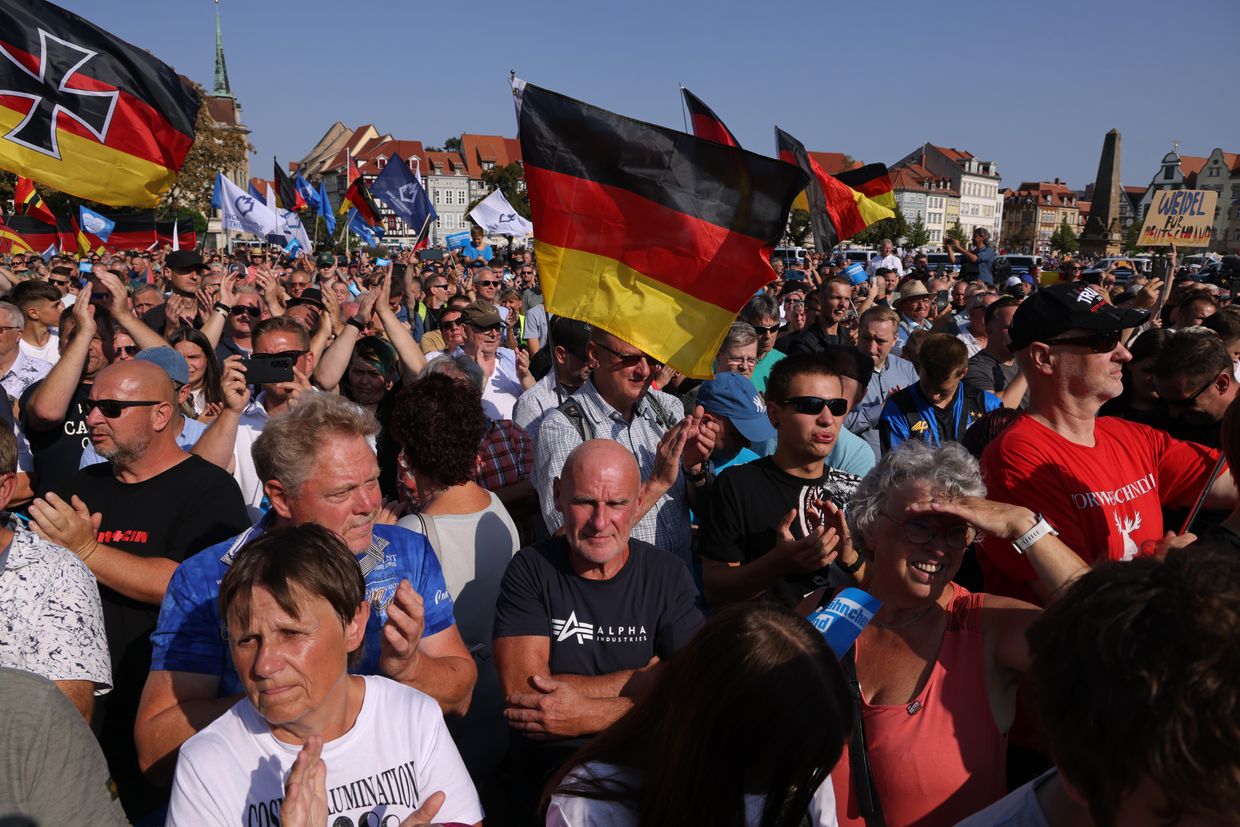
Relations with Russia
The FPO's track record suggests otherwise. Since the start of the full-scale invasion, Kickl has opposed military aid to Kyiv and Ukraine's accession to the EU and argued sanctions against Russia do more harm to Austria than good.
In 2016, the FPO became the first and only party in Europe to sign a partnership agreement with Russian President Vladimir Putin's United Russia party. In 2018, Kickl visited Moscow while holding the position of Austrian Interior Minister.
Although Kickl claimed in 2021 that the partnership agreement with United Russia had expired, Schaeffer believes the ties between the FPO and Russia remain intact.
The first interview that Kickl gave following the vote was not to the Austrian state broadcaster but to a new local outlet called Auf 1, which describes itself as "alternative, independent television."
"It's one of the worst conspiracy theory-spinning media that is out there," Schaeffer said.
"It's fairly clear that they need money to exist."
"I would bet almost all my savings that this is being funded through the channels that date back to the partnership agreement," Schaeffer said. "I think they are continuing to cooperate."
If proven, it would not be the first case of a Moscow-backed media network seeking to influence European politics.
In March, the Czech authorities announced Viktor Medvedchuk, a Kremlin-linked former Ukrainian oligarch, and Artem Marchevskyi, a media manager who used to work at one of Medvedchuk's TV channels, were behind an outlet called Voice of Europe.
Voice of Europe reportedly centered around the promotion of pro-Russian narratives and paying Kremlin-friendly politicians ahead of the European Parliament elections.
The question remains whether the FPO will be able to influence Austria's policies toward Ukraine on a legislative level. With a projected 56 seats in a 183-seat parliament, the FPO will have to form a coalition in order to rule.
"I think the FPO will not become a governmental party, as far as I have understood," Umland said. "There will most probably be a coalition of the other parties against the FPO, like what we see in the regional parliaments in eastern Germany."
"There, the AfD is the strongest, but other parties have teamed up to exclude them," Umland said. In the same way, mainstream Austrian party leaders have already signaled they are opposed to forming a government with the FPO.
The ruling center-right Austrian People's Party came second with 26% of the vote, while the Social Democrats, who are firmly against the FPO, came third with 21%. The two parties have enough seats to form a coalition.
The liberal NEOS party and the Greens were also able to hold seats, and have also ruled out working with FPO.
Kickl said he is open to forming a government with "each and every one" of the parties in Austria's parliament. It's unlikely that anyone would agree.
